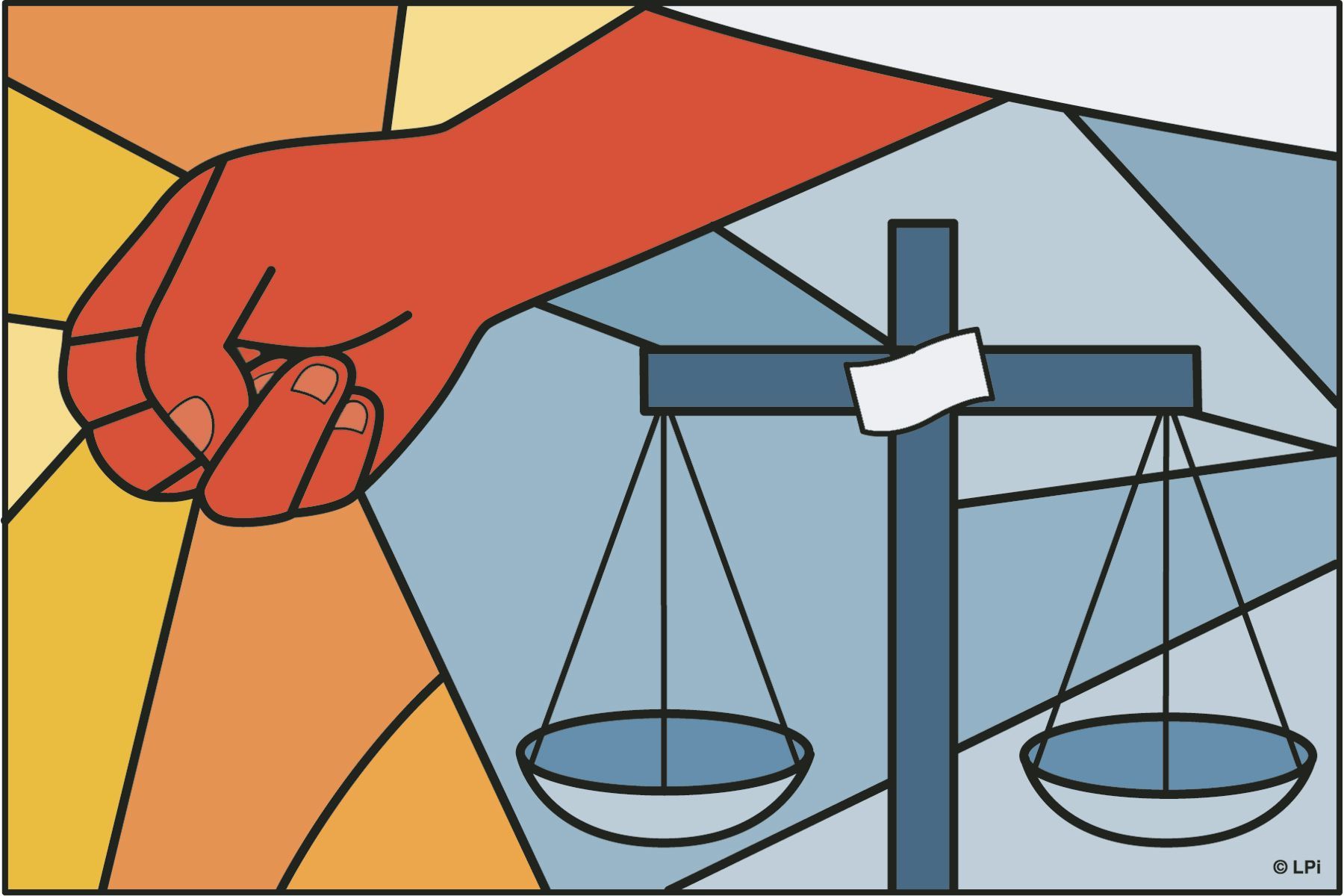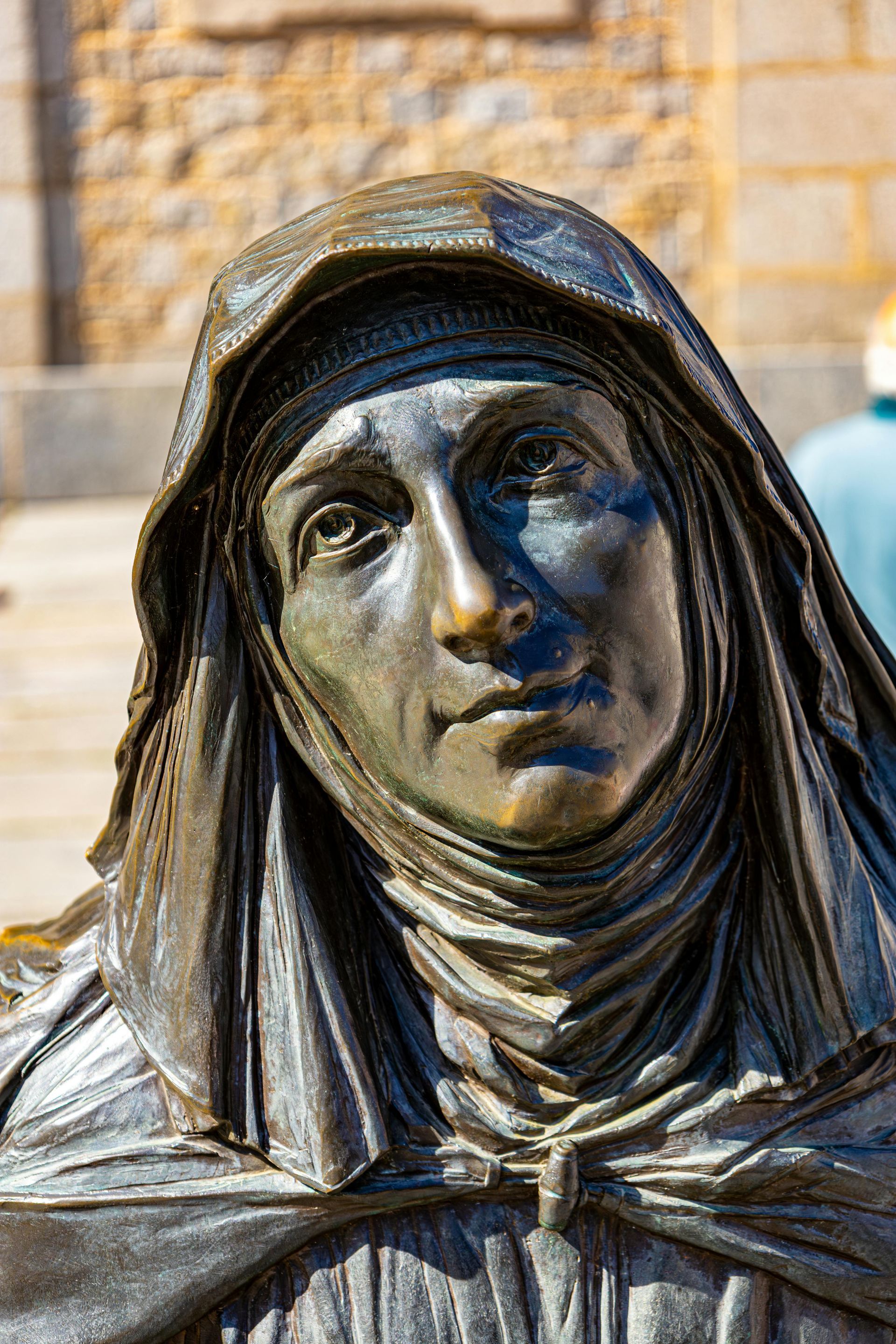Corpus Christi - June 17, 2025
Corpus Christi
June 22, 2025
Today we celebrate the feast of the body and blood of Christ, the eucharist. The second Vatican council reminds us that the eucharist is the source and summit of our faith.
All we are, has its source in this celebration. At this celebration we are given the most ancient text about the last supper, the institution of the Eucharist. In Paul’s letter to the community of Corinth he tells us what took place at the night before Jesus suffered and died.
In this account Jesus says to the disciple “do this in remembrance of me.” This remembrance is not simply calling to mind something that took place over 2000 years ago. The remembrance is about living the life Jesus has asked us to live. We live his example, Eucharist for us is about who we are and how we live.
Each week we come to be fed with the word of God and the gift of the eucharist. This Sharing in the one bread and one cup becomes a moment of transformation. We are changed by this celebration. We go forth to live what we have experienced.
In the gospel today, we hear of the feeding of the 5000 with the five loaves and 2 fishes, Barbara Reed askes an important question in this month’s issue of Give us this day, “Did Jesus actually multiply the loaves and fishes. Or was it a miracle in which everyone was prompted to share with others what they had brought? A better question is: How do we replicate the giving of our whole selves, body, mind and spirit, to the One who is the source of all nourishment so that we may be broken up in love for the life of the world?”
What we do on the weekend does not end at the doors of the church building. We go forth to live the Eucharist. This is what deacon Myers meant when he wrote his book “Living the real presence”.
After we come forward to receive communion we have a moment of silent prayer as we contemplate how this celebration will remain with us for the days to come. Then we stand for the post communion prayer, our home work. The prayer tells us how we live what we have received. This is why we stay after communion. We stay to pray as the body of Christ and to hear what we are do next.
Here is the post communion prayer for this mass:
Grant, O Lord, we pray that we may delight for all eternity in that share in your divine life, which is foreshadowed in the present age by our reception of your precious body and blood
Who lives and reigns for ever and ever.
Each time we come forward to receive the Eucharist we come as a community. We come as the body of Christ. The communion reception is a sign of unity. We come standing to receive. We are united in voice as we sing the communion hymn. We receive communion. We do not grab it we open our hands to receive. We are all receivers of this gift. All that is given to us if a gift and we receive this gift which is freely given by our God and then we go forward to give this gift all who we meet.
The miracle of each mass is the gathering of the body of Christ and what we receive we freely give to others. The mass goes on and on throughout our days for our whole life.






